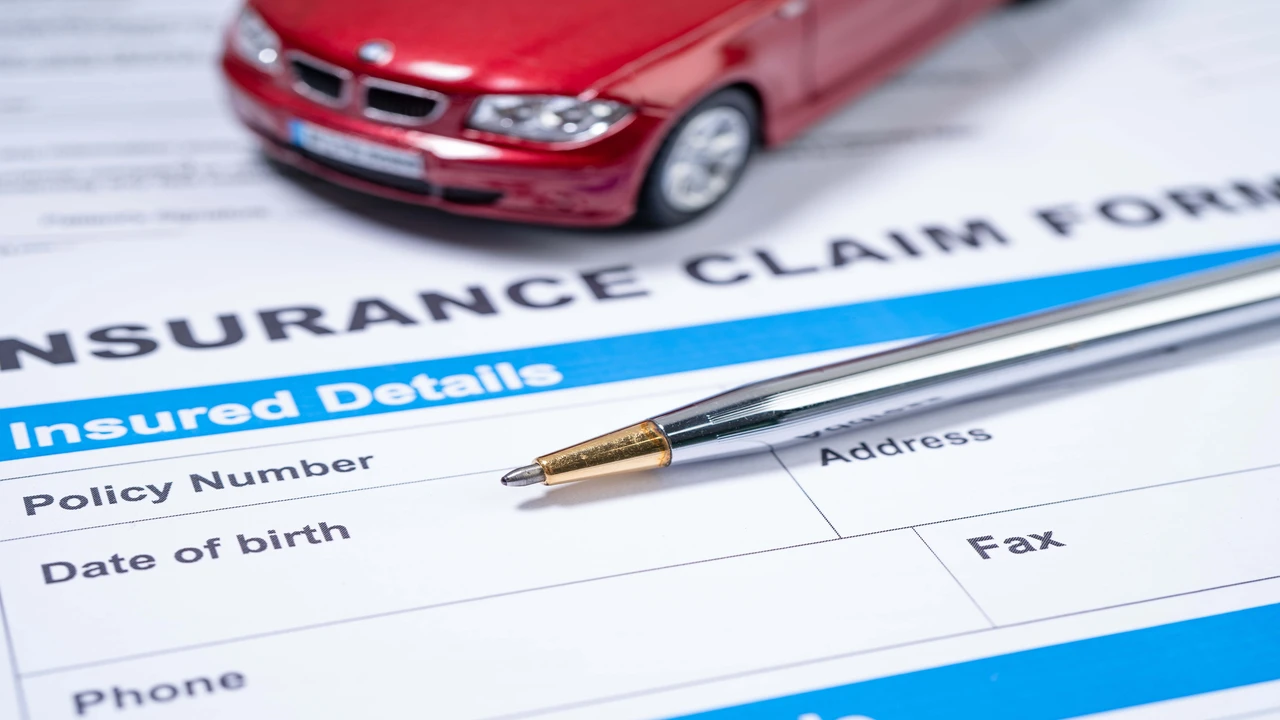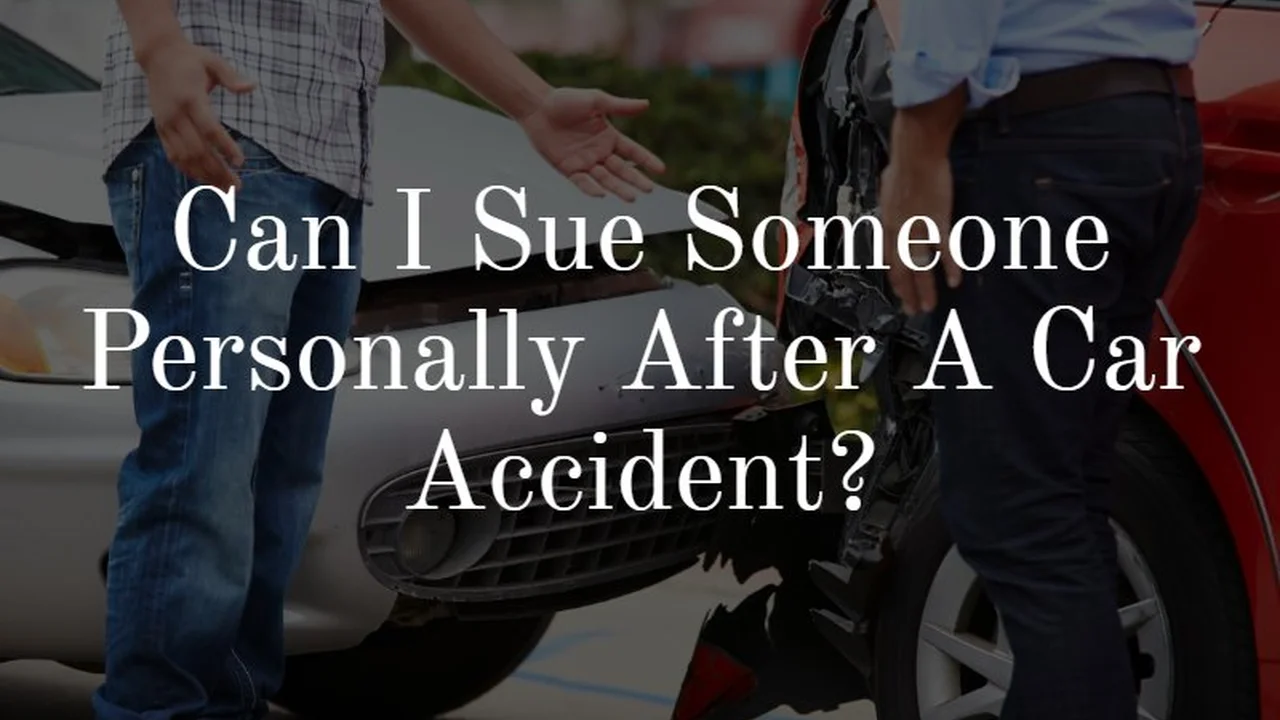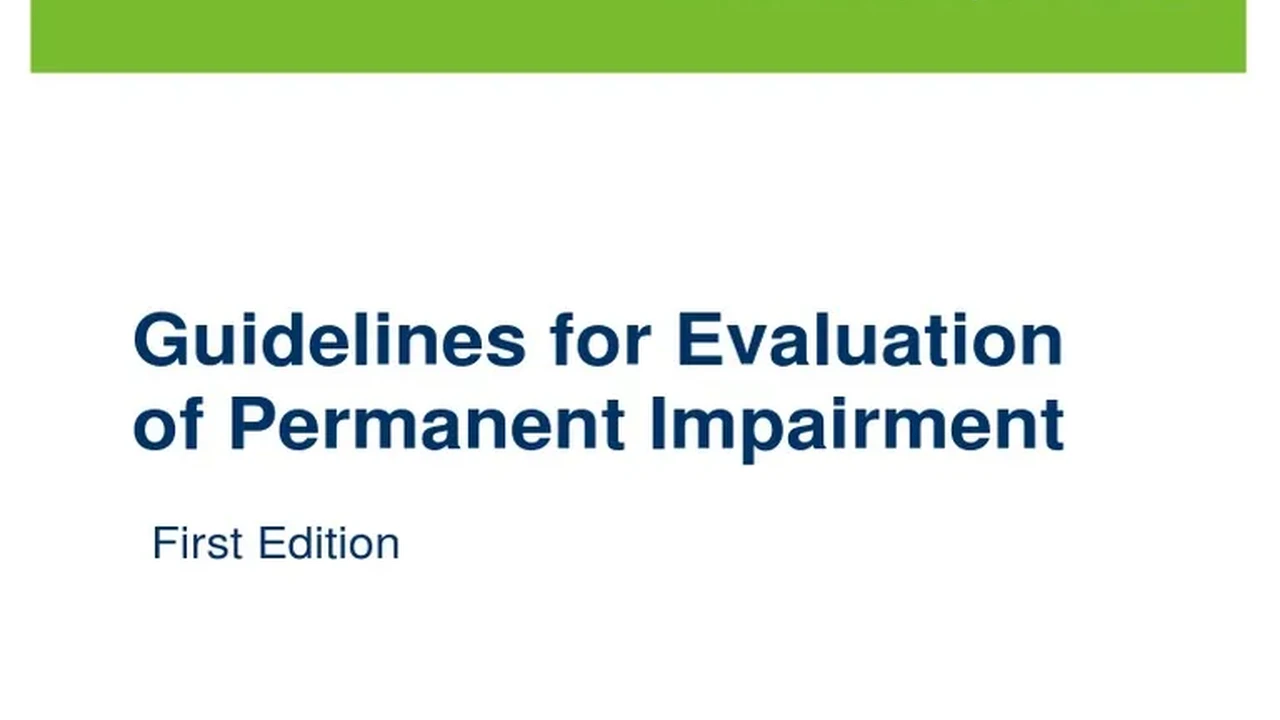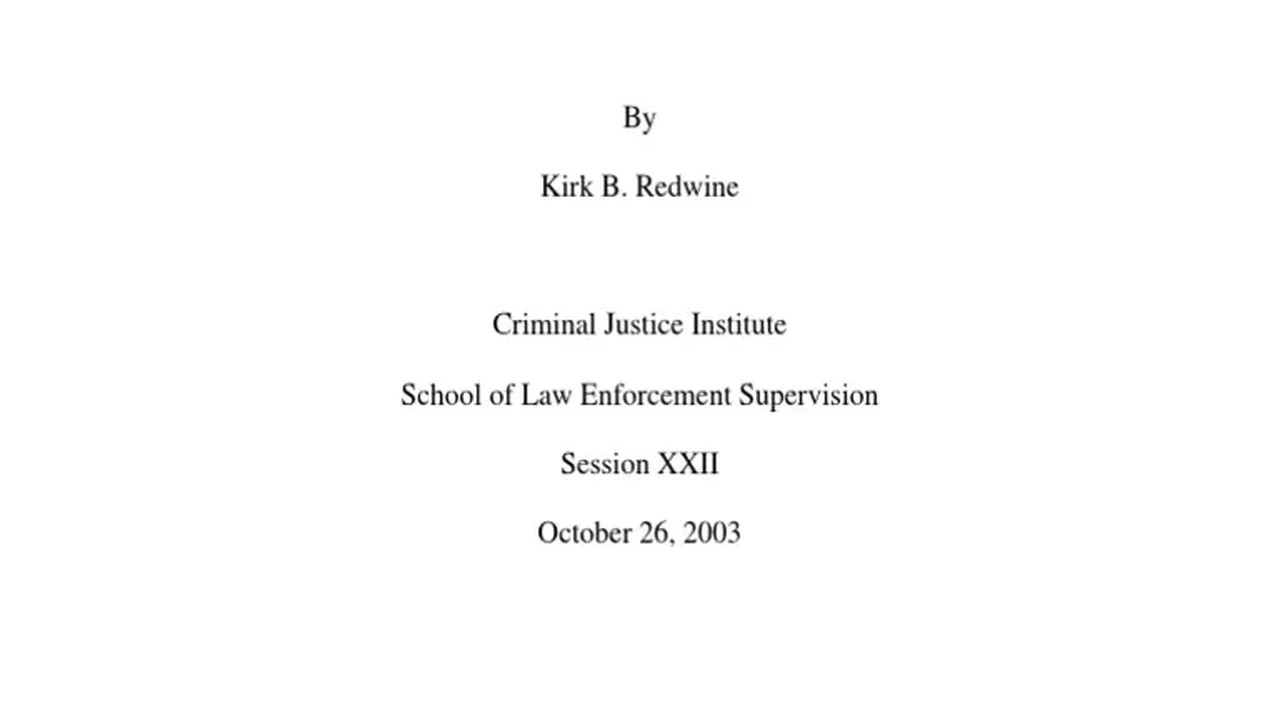10 Tips for a Successful Car Insurance Claim

Understanding Your Car Insurance Policy: Key to a Fair Settlement
Okay, let's start with the basics. You've got to know your policy inside and out. Seriously. Don't just shove it in a drawer and forget about it. What are your coverage limits? What's your deductible? What's covered and, more importantly, what's not? Understanding these details is crucial. This is your roadmap to navigating the claim process. Think of it as knowing the rules of the game before you start playing. Ignoring this step is like walking into a courtroom without knowing the law. You're setting yourself up for a potential loss. Spend an hour, maybe two, really digging into your policy documents. Highlight the important stuff. Make notes. Knowledge is power, especially when dealing with insurance companies. They know the policy; you need to know it too.
Documenting the Accident Scene: Gathering Evidence for Your Claim
Alright, picture this: accident happens, adrenaline's pumping, you're a bit shaken. Your first instinct might be to just get the car off the road and exchange information. But hold up! Before you do anything, DOCUMENT EVERYTHING. Take photos. Lots of them. Different angles. Close-ups. Wide shots. Capture the damage to your car, the other car, the surrounding area. If there are skid marks, get those too. If there are any witnesses, get their contact information. The more evidence you have, the stronger your claim will be. Think of yourself as a crime scene investigator. You're collecting evidence that will support your version of events. Don't rely on your memory alone. Memories fade, details get fuzzy. Photos and videos are concrete evidence that can't be disputed. This is especially important if the other driver is being less than cooperative. A picture is worth a thousand words, and in this case, it could be worth thousands of dollars.
Reporting the Accident Promptly: The Importance of Timeliness in Car Insurance Claims
Don't wait! Seriously, as soon as you can, report the accident to your insurance company. Most policies have a time limit for reporting claims, and if you wait too long, you could jeopardize your claim. Even if you're not sure who's at fault, report it. Let the insurance company investigate. They'll sort out the details. Delaying the report can raise red flags and make it seem like you're hiding something. Plus, the sooner you report it, the sooner the claims process can begin. This means you'll get your car repaired or replaced faster, and you'll be back on the road sooner. So, as soon as you've taken care of the immediate aftermath of the accident, call your insurance company. Have your policy number handy and be prepared to answer their questions. The sooner you report, the better.
Seeking Medical Attention: Protecting Your Health and Strengthening Your Car Insurance Claim
Okay, this is super important. Even if you feel fine after the accident, GET CHECKED OUT BY A DOCTOR. Adrenaline can mask injuries, and some injuries, like whiplash, might not be immediately apparent. Plus, seeing a doctor creates a medical record that links your injuries to the accident. This is crucial for your claim, especially if you're seeking compensation for medical expenses. Don't try to be a hero and tough it out. Your health is paramount. And if you delay seeking medical attention, the insurance company might argue that your injuries weren't caused by the accident. So, protect yourself and your claim by seeing a doctor as soon as possible. Follow their treatment plan and keep all your medical records organized. This will strengthen your claim and ensure you get the compensation you deserve.
Working with Your Insurance Adjuster: Communicating Effectively for a Favorable Outcome
You'll be assigned an insurance adjuster who will investigate your claim. This person is your main point of contact with the insurance company. It's important to be polite, professional, and cooperative, but don't be a pushover. Answer their questions honestly and accurately, but don't volunteer information that they don't ask for. Stick to the facts and avoid speculation. Keep a record of all your communications with the adjuster, including dates, times, and what was discussed. If you're not comfortable talking to the adjuster directly, you can hire a lawyer to represent you. A lawyer can handle all communications with the insurance company and ensure that your rights are protected.
Understanding the Car Repair Process: Ensuring Quality Repairs and Fair Compensation
You have the right to choose the repair shop that will fix your car. The insurance company might recommend a shop, but you're not obligated to use it. Do your research and choose a reputable shop that you trust. Get a written estimate for the repairs and make sure it includes all the necessary parts and labor. If the insurance company tries to pressure you to use a cheaper shop or use aftermarket parts, push back. You're entitled to have your car repaired to its pre-accident condition using original equipment manufacturer (OEM) parts. Before you approve the repairs, make sure you understand the estimate and that you're comfortable with the shop's plan. Once the repairs are complete, inspect the car carefully before you accept it. If you're not satisfied with the quality of the repairs, don't hesitate to complain. You have the right to have the repairs done correctly.
Negotiating Your Car Insurance Settlement: Maximizing Your Compensation
The insurance company will make you an offer to settle your claim. Don't automatically accept the first offer. It's usually lower than what you're actually entitled to. Do your research and determine the fair value of your claim. Consider all your damages, including medical expenses, lost wages, property damage, and pain and suffering. Be prepared to negotiate with the insurance company. You can use evidence, such as photos, videos, and medical records, to support your position. If you're not comfortable negotiating on your own, you can hire a lawyer to represent you. A lawyer can negotiate with the insurance company on your behalf and ensure that you get the best possible settlement.
Considering a Diminished Value Claim: Recovering Lost Value After Car Repairs
Even after your car is repaired, it might be worth less than it was before the accident. This is called diminished value. You might be able to recover diminished value from the insurance company, especially if your car was severely damaged. To prove diminished value, you'll need to get an appraisal from a qualified appraiser. The appraiser will assess the value of your car before and after the accident and determine the amount of diminished value. You can then submit the appraisal to the insurance company and demand compensation for diminished value.
Understanding Personal Injury Protection (PIP): Coverage for Medical Expenses and Lost Wages
If you're injured in a car accident, you might be entitled to Personal Injury Protection (PIP) benefits. PIP coverage pays for your medical expenses and lost wages, regardless of who was at fault for the accident. The amount of PIP coverage you have depends on your policy limits. To file a PIP claim, you'll need to submit a claim form to your insurance company and provide documentation of your medical expenses and lost wages. The insurance company will then review your claim and determine if you're eligible for benefits.
Seeking Legal Assistance: When to Hire a Car Accident Lawyer
Sometimes, dealing with insurance companies can be frustrating and overwhelming. If you're having trouble getting a fair settlement, or if you're seriously injured, you might want to consider hiring a car accident lawyer. A lawyer can protect your rights, negotiate with the insurance company on your behalf, and file a lawsuit if necessary. Look for a lawyer who specializes in car accident cases and has a proven track record of success. The initial consultation is usually free, so it's worth talking to a lawyer to see if they can help you.
Product Recommendations for Car Accident Preparedness and Documentation
Being prepared for a car accident can make the claim process smoother. Here are some product recommendations:
Dash Cams: Capturing Evidence on the Road
A dash cam is a small camera that mounts on your dashboard and records everything that happens in front of your car. In the event of an accident, the dash cam footage can provide valuable evidence to support your claim. It can show who was at fault, what happened, and even capture the other driver's behavior. Here are a few recommendations:
- Garmin Dash Cam 67W: This dash cam offers a wide 180-degree field of view, excellent video quality, and voice control. It also has parking mode, which records when your car is parked and detects motion. Price: Approximately $250.
- Nextbase 622GW: This dash cam records in 4K resolution, has built-in GPS, and can automatically call emergency services in the event of a crash. It also has image stabilization and a polarizing filter to reduce glare. Price: Approximately $300.
- Vantrue N4: This dash cam has three cameras: one facing forward, one facing inside the car, and one facing backward. It records in 1440P resolution and has night vision. Price: Approximately $270.
Comparison: The Garmin is user-friendly and reliable, the Nextbase offers advanced features like emergency call assistance, and the Vantrue provides comprehensive coverage with its three cameras. Choose the one that best fits your needs and budget.
Usage Scenario: Install the dash cam on your windshield and set it to record automatically when you start your car. In the event of an accident, save the footage to a memory card and provide it to your insurance company.
Car Accident Emergency Kit: Essential Supplies for Safety and Documentation
A car accident emergency kit should contain essential supplies for safety and documentation. Here are some items to include:
- First-aid kit: Bandages, antiseptic wipes, gauze pads, pain relievers.
- Warning triangle or flares: To warn other drivers of the accident.
- Reflective vest: To make yourself visible to other drivers.
- Flashlight: To provide light in dark conditions.
- Pen and paper: To document the accident details.
- Camera or smartphone: To take photos of the accident scene.
- Accident report form: To record the other driver's information.
You can purchase a pre-made car accident emergency kit or assemble your own. Make sure to keep it in your car at all times.
Product Recommendations:
- AAA 42-Piece Roadside Emergency Kit: A comprehensive kit with essential supplies for car emergencies. Price: Approximately $40.
- Lifeline First Aid 85 Piece All-Purpose First Aid Kit: A well-stocked first-aid kit for treating minor injuries. Price: Approximately $20.
Comparison: The AAA kit is more comprehensive and includes roadside assistance items, while the Lifeline kit focuses on first aid. Choose the one that best fits your needs and budget.
Usage Scenario: In the event of an accident, use the emergency kit to provide first aid, warn other drivers, and document the accident details.
Mobile Apps for Accident Reporting and Documentation
There are several mobile apps that can help you document and report car accidents. These apps can guide you through the process, collect information, take photos, and even generate an accident report. Here are a few recommendations:
- Accident iWitness: This app guides you through the accident documentation process, provides checklists, and allows you to take photos and videos.
- WreckCheck: This app helps you collect information from the other driver, take photos of the damage, and generate an accident report.
- Car Accident Report: This app provides a step-by-step guide to documenting the accident, collecting information, and filing a claim.
Comparison: All three apps offer similar features, but Accident iWitness is known for its user-friendly interface, WreckCheck is praised for its comprehensive report generation, and Car Accident Report is valued for its detailed guidance.
Usage Scenario: Download the app to your smartphone and keep it readily available. In the event of an accident, use the app to guide you through the documentation process and generate an accident report.
:max_bytes(150000):strip_icc()/277019-baked-pork-chops-with-cream-of-mushroom-soup-DDMFS-beauty-4x3-BG-7505-5762b731cf30447d9cbbbbbf387beafa.jpg)






